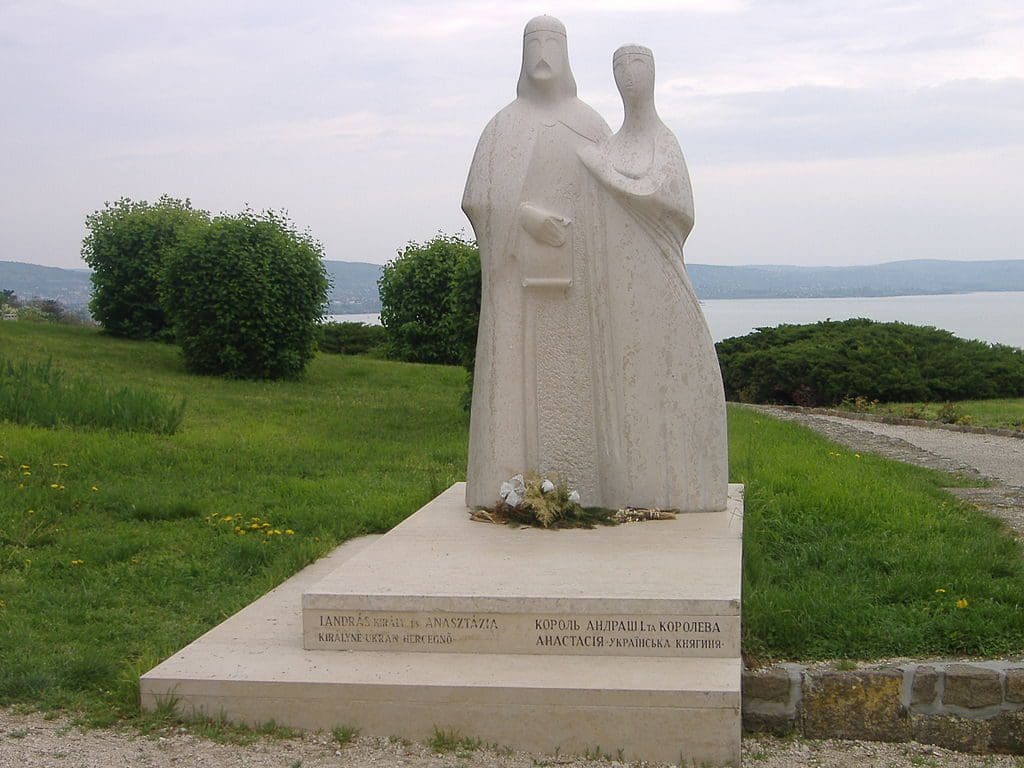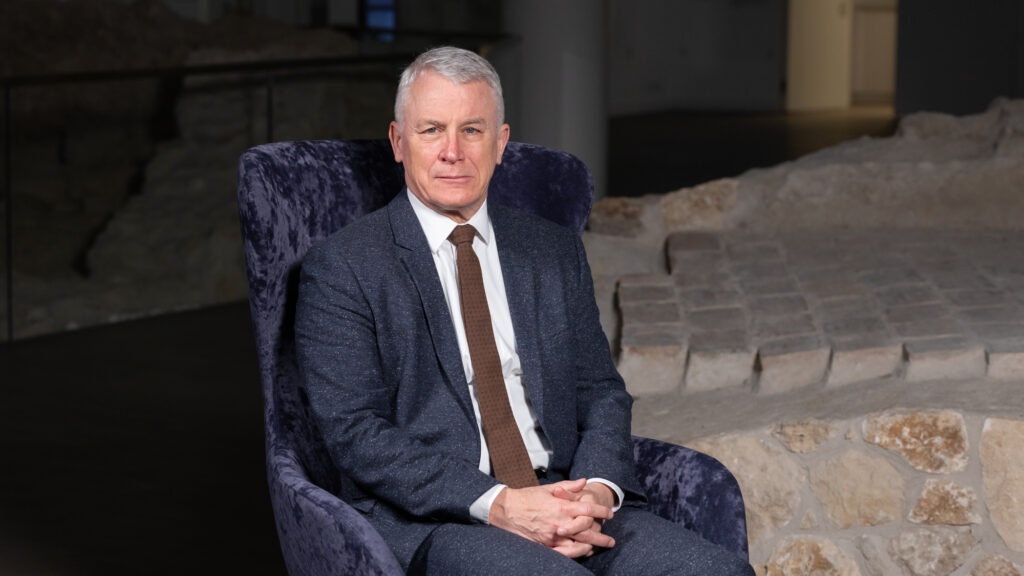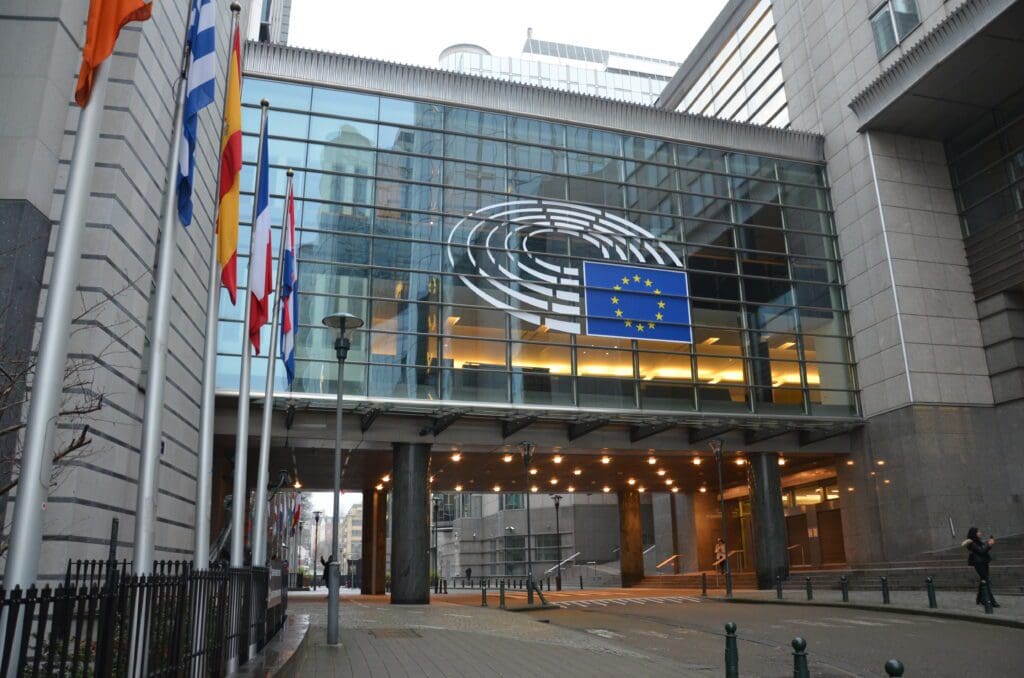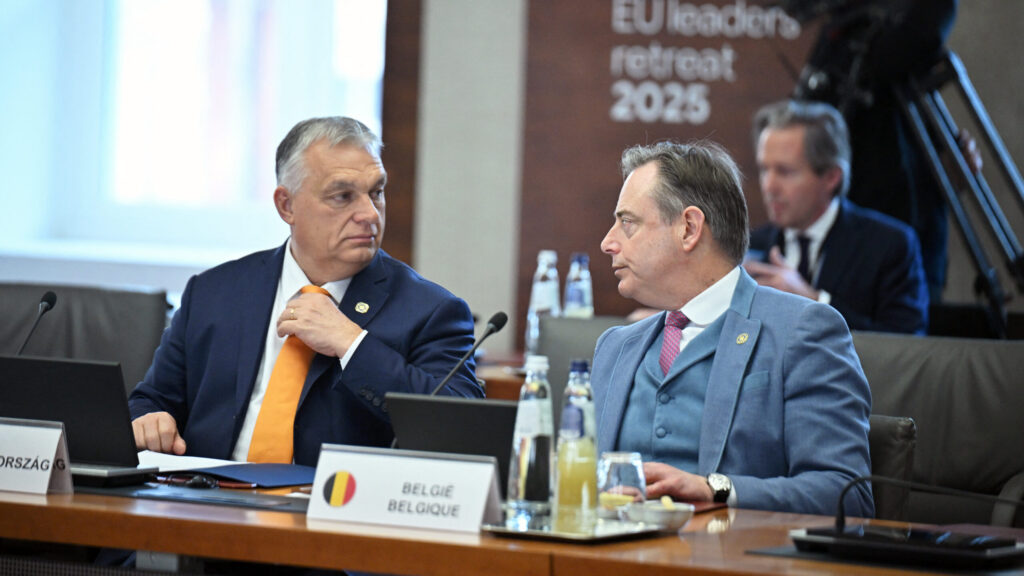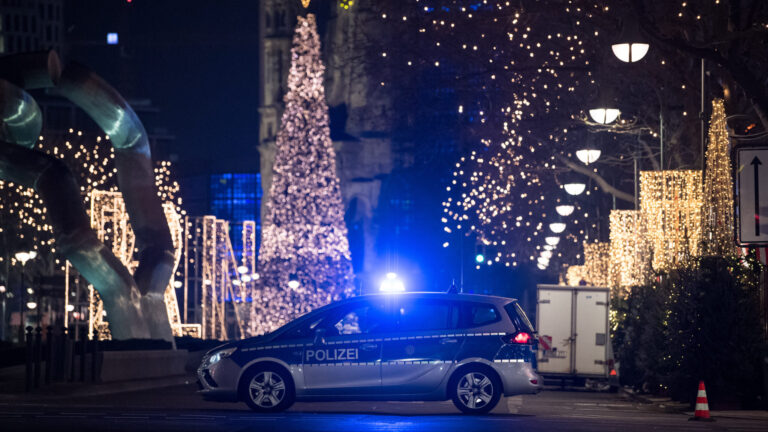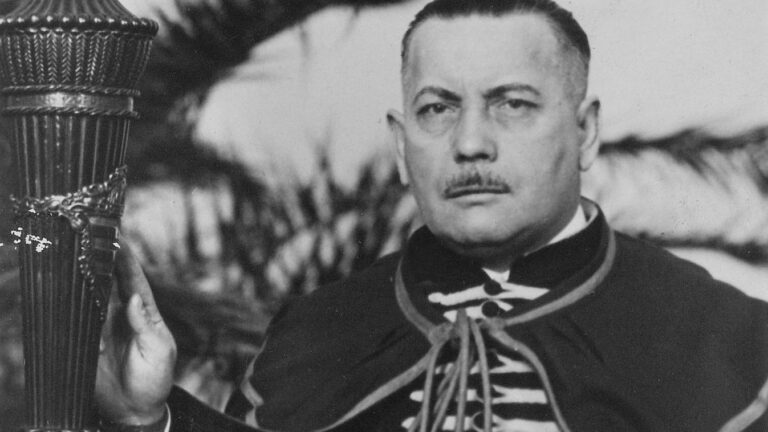24 August is the anniversary of Ukraine declaring its independence in 1991.
As our neighbour is fighting a homeland-defending war against Russia, let’s take a moment on this memorable day to pay tribute to the long-standing Hungarian-Ukrainian relations, which have been close and essentially positive throughout history. In fact, as opposed to the appearance created by some emotionally charged remarks on the Ukrainian side and conniving media reports, the bilateral relations of the two countries are not strained today either.
As the Embassy of Ukraine in Hungary also highlights on their official website, the history of Ukrainian-Hungarian relations has thousand-year-old roots, and begins at least as early as the time when the seven tribes led by Árpád arrived in the territory of present-day Hungary, through the territory of present-day Ukraine, in 896. The Hungarian conquest monument on Vereckei Pass in Subcarpathia reminds us of this time today, the Embassy highlights.
The couple founded one of Hungary’s most important ecclesiastical and cultural institutions, the Tihany Abbey
The next important milestone of the fate of the two nations intertwining is in the 11th century, during the heyday of Kievan (also spelt Kyivan) Rus-Ukraine, when King András I of Hungary married one of Yaroslav the Wise’s daughters, Anastasia. The couple founded one of Hungary’s most important ecclesiastical and cultural institutions, the Tihany Abbey. A white marble monument, created by Bohdan Korzs and Oleg Turik, and sponsored by the Ukrainian national self-government in Hungary as well as that municipality of Tihany, was erected in 2001. As the website of the Ukrainian self-government stresses, ‘the statue is a marvellous testimony to the good-neighbourly, historical relations of the two nations.’
In later centuries, the fact that from 1745 to 1753, the famous Ukrainian philosopher and writer Hrihorij Szkovoroda lived and worked in Tokaj, Hungary is worth mentioning. Also, in 1837, the first Ukrainian-language ‘almanac Rusalka Dnistrovaia was published in Buda, and several Ukrainian periodicals also appeared there at the end of the 19th and the beginning of the 20th century,’ according to the website Internet Encyclopedia of Ukraine. Today, a plaque on the wall of the building that housed the former Royal Hungarian Printing House commemorates the publishing of the almanac.
Fast forward to the time when Ukraine declared its independence – on 3 December 1991, after Poland and Canada, Hungary was the third country to recognize Ukraine as an independent state.
On the same day, a Protocol on the establishment of diplomatic relations between Ukraine and Hungary was signed and entered into force. Therefore, Hungary is the first country with which Ukraine established diplomatic relations after the restoration of its independence.
Also on this day, Hungary was the first to open an embassy in the Ukrainian capital, and on 24 March 1992, the Embassy of Ukraine in Hungary was opened, as the first diplomatic representation of Ukraine.
And list of firsts goes on. In 2003, Hungary was among the first to condemn the 1932-33 Ukrainian genocide, the Holodomor. Monuments to the victims of the Holodomor have been erected in Budapest, Szeged, Nyíregyháza and Csömör.
As the Ukrainian Embassy stresses, the presence of an around 150,000-strong Hungarian minority in Ukraine and more than 7,000 ethnic Ukrainians in Hungary is an important factor in the two countries’ relations. So it is not by accident that the Deputy Ombudsman in Charge of National Minorities in Hungary issued a statement today, on the occasion of Ukraine’s Independence Day. The Deputy Ombudsman underscored that ‘the Independence Day of Ukraine, is an important holiday not only for those Ukrainians living in their homeland, but also for our compatriots of Ukrainian nationality in Hungary: on this day in 1991, our neighbour declared its independence, which was supported by the overwhelming majority of those entitled to vote in a referendum.’ In a subtle reminder of something that Ukraine has unfortunately fallen short of, the statement also noted that after its independence, ‘Ukraine committed itself to development along European values and continuously took steps to ensure this. This is evidenced…by the country’s accession to the Framework Convention on the Protection of National Minorities in 1997, and to the European Charter of Regional or Minority Languages in 2003.’ The statement reminded that ‘the mutual guarantee and protection of the basic rights of ethnic communities has been the cornerstone of relations ever since.’ However, on a more positive note, the Deputy Ombudsman declared that ‘The Ukrainian ethnic community living in Hungary is a state-creating factor, and Ukrainians living in our country can exercise their constitutional right to ethnic education, the use of their mother tongue, and the cultivation of cultural identity through their self-government and cultural institutions, both individually and communally.’
Both peoples suffered a lot and tried many times to ensure their peace and prosperity
Paying tribute to the historical ties between the two nations and the suffering of the Ukrainian people in the past and today, the statement said: ‘On the borderlands of Central and Eastern Europe, at the crossroads of empires, cultures and religions, both peoples suffered a lot and tried many times to ensure their peace and prosperity within the opportunities offered by the given historical era. Ukraine is currently living through times fraught with fighting, and today we must also remember the victims and the suffering of the population.’
Let us hope and wish that suffering ends soon, and the peoples of Central and Eastern Europe can soon move forward on the path of reconciliation and collective prosperity.

